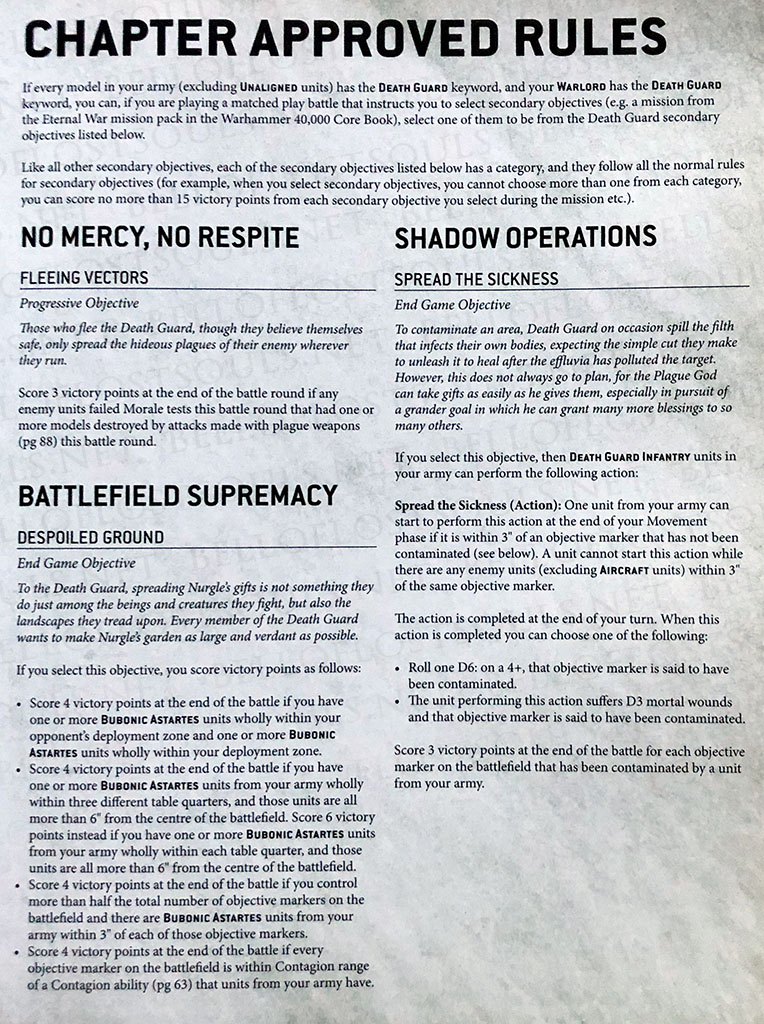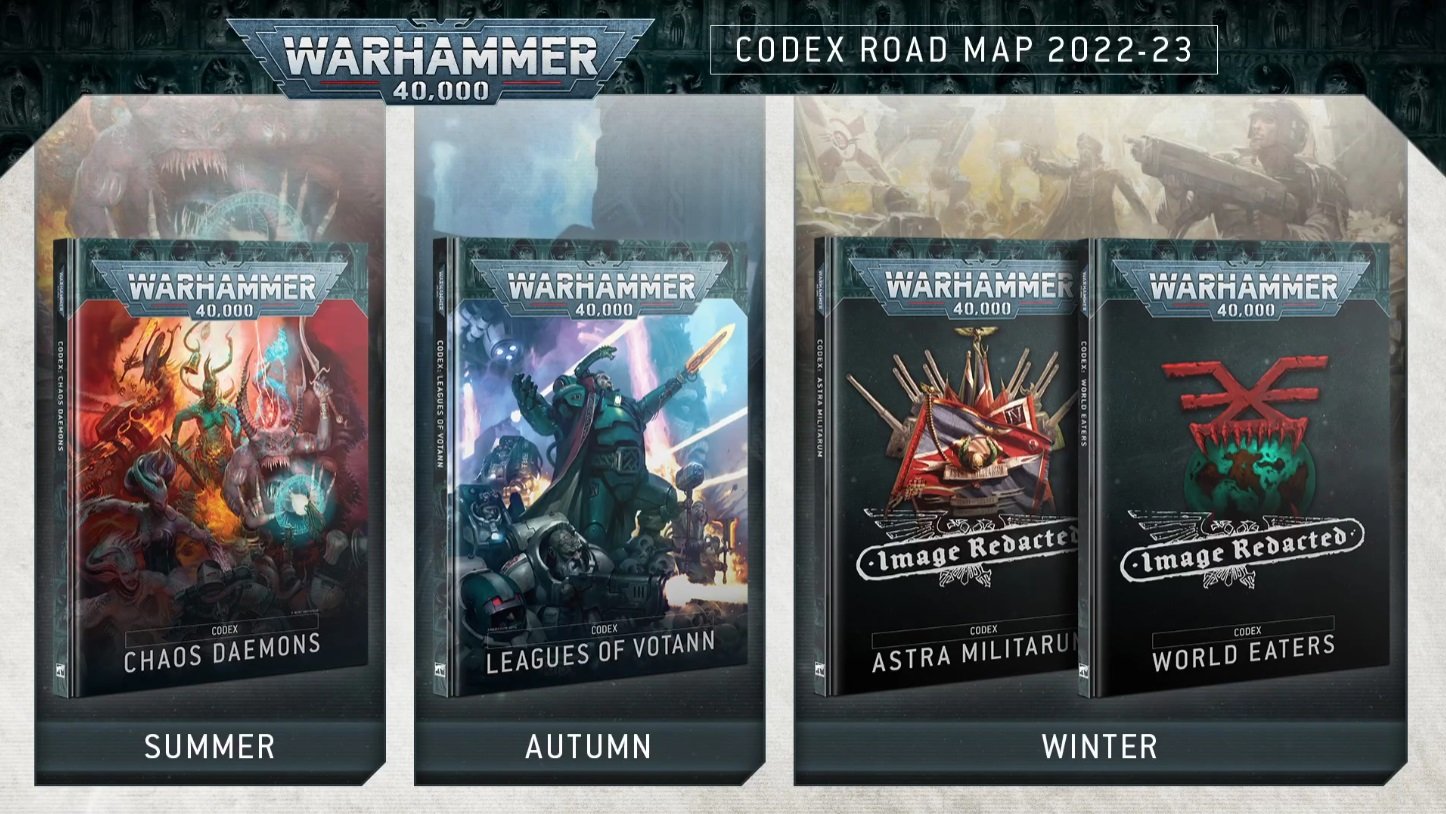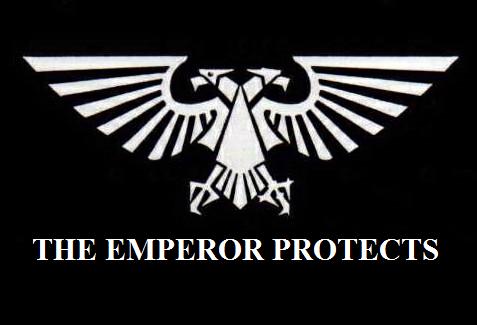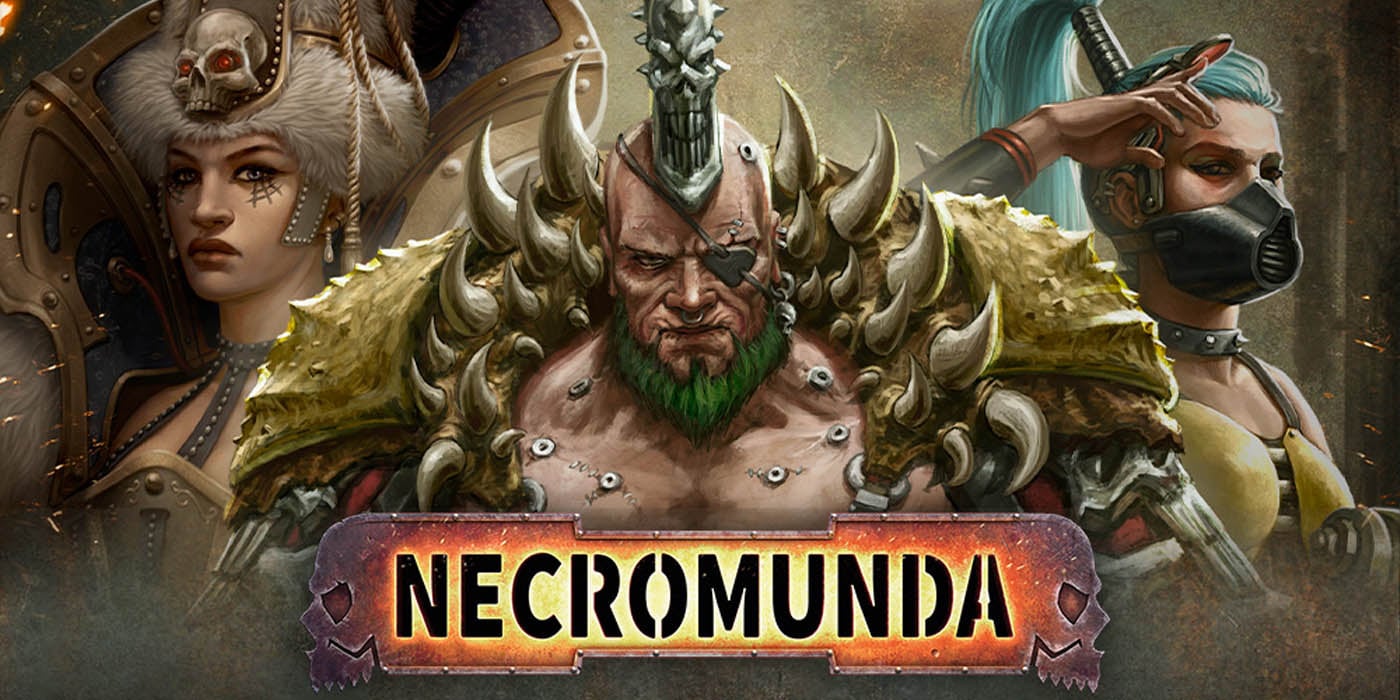Warhammer 40K: Four Lessons GW Should Learn From 9th Edition
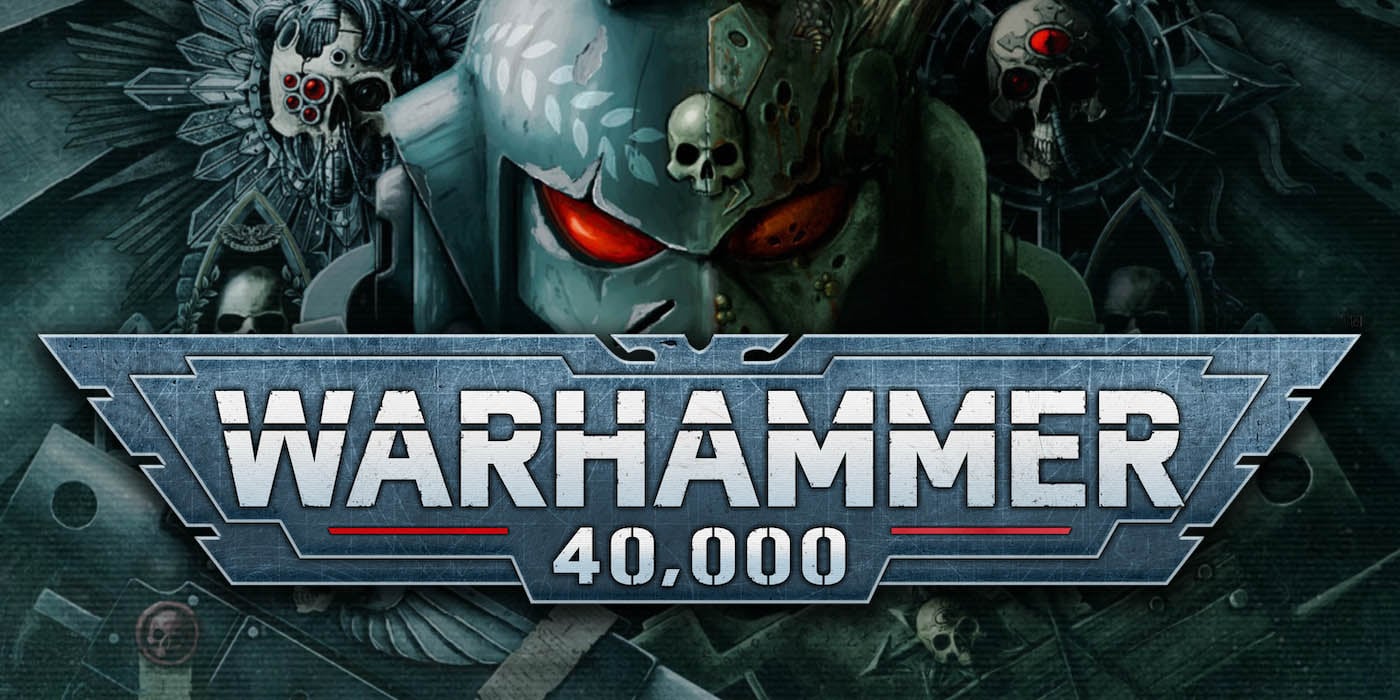

There are some major take aways lessons from 9th Edition. Let’s hope GW learns them.
By all accounts, the end of 9th Edition is in sight. That means it’s time to really start looking ahead to 10th edition, which we are likely to see within the next year. 9th has had its highs and lows during it’s run. It brought new things and philosophies to the game. At the same time, it was still fundamentally the same game as 8th Edition. It was it’s own unique edition, but also not really a sea change over what preceded it. With almost all of the edition behind us, its time to take a look at some lessons GW should take away from it. Let’s dig in.
Introduce New Concepts To All Armies At Once
Honestly this is something GW should have learned from stratagems in 8th. It’s a simple concept. When you add in a major new design concept to armies, you really need to roll it out to all the armies at the same time. The most notable example of this in 9th was the faction-specific objectives. Since they initially came in the army’s codex any army with a new codex had an even greater advantage than normal. Not only was it a matter of power, but they simply got to play a part of the game that others didn’t. In 8th there was a similar issue with stratagems. This was also a major issue with the Crusade role out.
Players Really Like Choice
Players have consistently shown that they really enjoy choice in their armies. Sub-factions are a great example of that. 8th introduced the concept, but it was a little fixed. Towards the end of that edition, it started to add in the idea of custom sub-factions. These really took off, and players loved them. Although they could be a bit broken at times. 9th Edition continued this trend, and it went over well. There were a few exceptions, where armies that were themselves specific sub-factions did not have a custom sub-faction rule. This was sad, but made sense. Then the new CSM book didn’t have one at all. There wasn’t a clear reason for this. Later books did include it, and the lack of it became a major black mark on the CSM codex.
Slow Your Roll And Stick With Things
Recent 40K can feel a bit ADHD at times. It’s kind of all over the place. It’s putting out a ton of books, many of which have limited life spans. Ideas are introduced and then never really followed up on much. It’s a lot to keep track of. Everyone wants a Codex that is up to date with the current edition. But players also get burnt out by an aggressive codex cycle. Either take your time, or drop several books at a time. And I’d love to see some ideas more fully explored. Remember Specialist Detachments from 8th Edition? Or how about Armies of Renown from 9th? These were really cool ideas and ways to expand the game. Yet they were unevenly applied across armies, and in a handful of campaign books. Chaos Daemons were the only Codex in 9th to get an Army of Renown, and some got none. Maybe slow things down and focus on spreading things more evenly across all the factions?
For The Emperor’s Sake Balance The Game
I don’t think it’s unfair to say that 9th Edition has been the most unbalanced edition of 40K. The game has seen armies totally dominate it with insane win/loss ratios. It’s seen some builds just completely take over the game. Books have been released with obviously broken combos. A slew of FAQs have been needed to try and patch things. It’s been a bit of a mess. And players are upset about it. Players want at least a semi-balanced game. They also want their books to be valid. If there is one real thing GW should take away from 9th is that major imbalances stretching across many months do hurt a game, so watch out for that.
Let us know what you think GW should learn from 9th, down in the comments!

